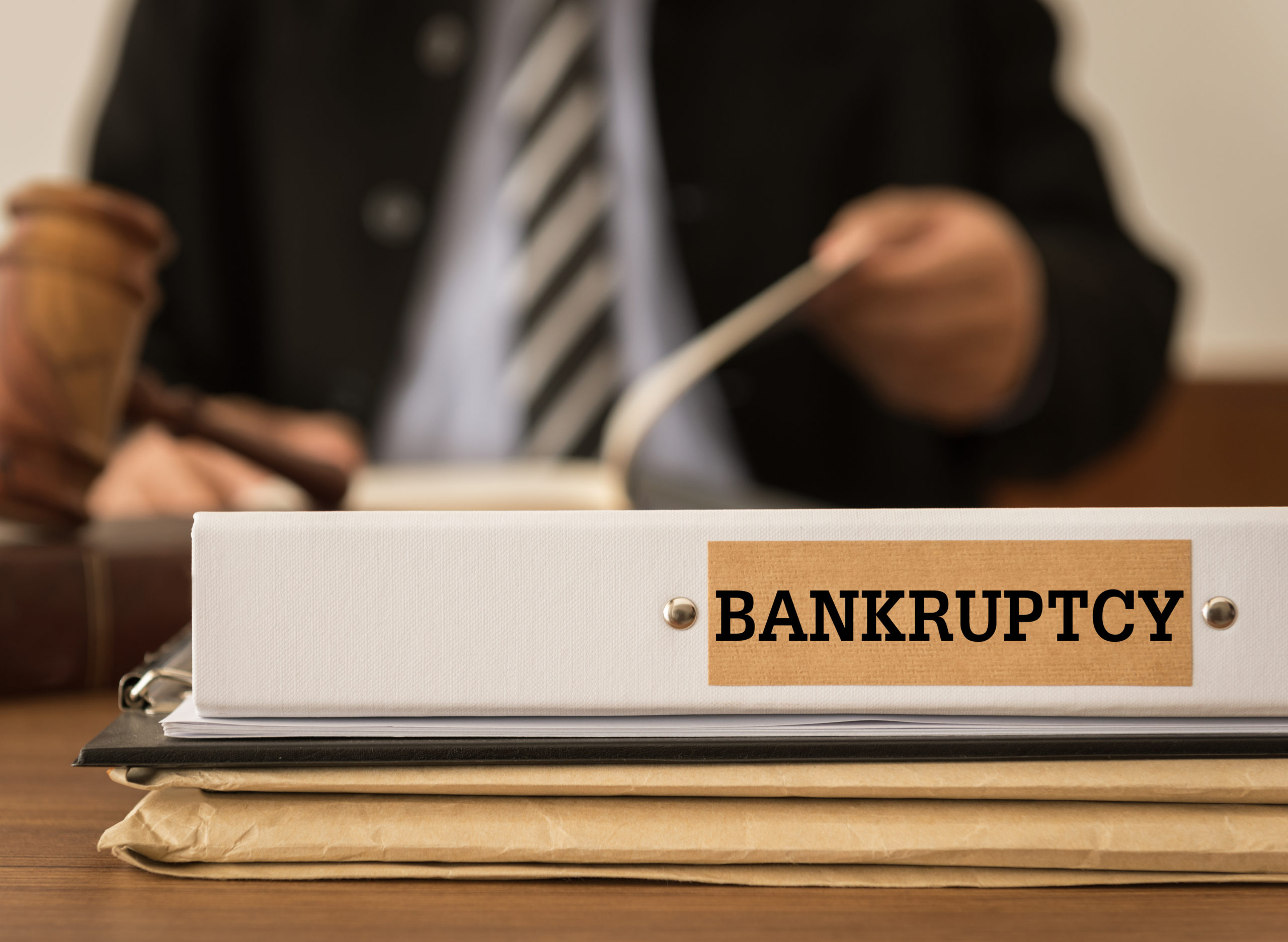
Sometimes, bankruptcy proceedings are fairly simple. The debtor reports their debts accurately, the creditors agree on how much they are owed, and the court distributes assets as required by law. However, this is not always the case, as many of these proceedings involve disputes between the parties involved. When a dispute arises in a bankruptcy case, one of the parties will need to initiate an adversary proceeding to resolve the dispute.
An adversary proceeding is a lawsuit within a bankruptcy. It can be filed by a debtor, a creditor, or the court-appointed trustee whose job it is to manage the debtor’s estate and distribute property to creditors. As it is a full-fledged lawsuit, an adversary proceeding can be both a complicated and technical matter that’s often very difficult to handle without a lawyer.
What Is an Adversary Proceeding?
An adversary proceeding is a lawsuit that relates to a dispute in a bankruptcy. The rules of bankruptcy procedure incorporate the normal federal rules of civil procedure into adversary proceedings, meaning the standard rules of a lawsuit apply. Thus, an adversary proceeding involves filing a complaint, conducting investigation through the discovery process, and a trial in court.
Adversary proceedings arise over certain types of disputes in bankruptcy. The most common ones are:
- Determining the validity, extent, or priority of a lien on property
- Objecting to the discharge of a debt
- Revoking a chapter 11 or 13 payment plan
- Attempting to recover money or property unlawfully paid to a creditor
- Obtaining court approval to sell property that the debtor owns along with a co-owner
A debtor, creditor, or the trustee can file an adversary proceeding against any other party in the bankruptcy. For example, trustees often bring adversary proceedings against creditors that the debtor paid too soon before filing bankruptcy to demand return of the payment. Or, a creditor might file an adversary proceeding against another creditor to dispute a lien on the debtor’s property in order to stop the second creditor from getting preference as a secured creditor.
Adversary proceedings can have very high stakes. In one recent case, a creditor tried to block a sale of the debtor’s house for $10.4 million, arguing that it should have been sold for at least $14 million. Ultimately, the judge approved the sale.
When Should I Bring an Adversary Proceeding?
It’s a good idea to file an adversary proceeding if someone else in the bankruptcy is abusing the process to get an unfair advantage. For example, if another creditor is falsely claiming to have a higher priority lien or the debtor is trying to discharge a non-dischargeable debt, an adversary proceeding is a good way to stop them.
A bankruptcy lawyer can provide advice on whether another party is abusing the process and how to go about filing a lawsuit. A lawyer can also file the necessary paperwork and navigate the process in a way that delivers the best outcome. Success in an adversary proceeding can mean preserving a debt after discharge, preventing another creditor from taking an unfair share of the debtor’s assets, or blocking an unfair repayment plan, all of which can have major financial consequences for the parties involved.
What Should I Do if I’m the Target of an Adversary Proceeding?
Like any other lawsuit, an adversary proceeding can lead to severe consequences if not taken seriously. Any creditor who has been sued during a bankruptcy has a limited amount of time to file an answer. Failure to file can lead to a default judgment, meaning the other side automatically wins. For this reason, it is wise to consult a lawyer as soon as possible after being served with an adversary proceeding complaint.
One of the most common causes of adversary proceedings against creditors is preference payments. A trustee might bring a proceeding to demand the return of money that a creditor received from the debtor before the bankruptcy even began. In such cases, it’s a good idea to consult a lawyer to see if there’s a good defense strategy available.
Whether you need help preventing bankruptcy abuse or have been named as a defendant in an adversary proceeding, contact Rosenblum Law for a free consultation today. Our experienced bankruptcy attorneys will guide you through the process and fight hard to get you the best outcome possible. Call 888-815-3649 or email us.


